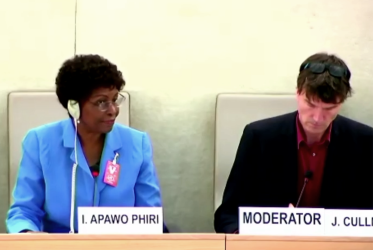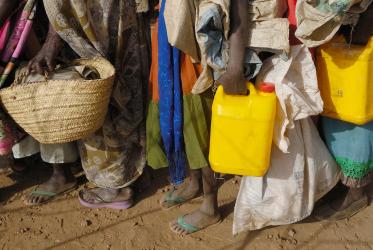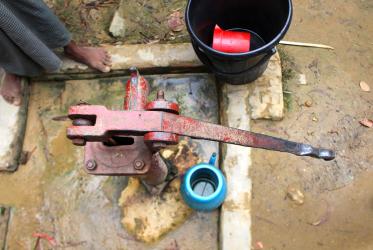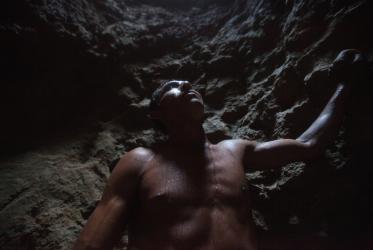Displaying 21 - 40 of 194
14 November 2022
Migrants in Argentina find listening ears and open hearts
04 November 2022
2022 Social Forum: Water for human rights and sustainable development
03 - 04 November 2022
Palais des Nations in Geneva, Switzerland
Water and justice at the WCC 11th Assembly
20 July 2022
Groundwater is “a political question”
27 April 2022
WCC Eco-School 2022 postponed to November 2022
31 March 2022
Groundwater: a hidden treasure we need to protect, say EWN members
28 February 2022
Protecting Ethiopia’s church forests
27 October 2021















